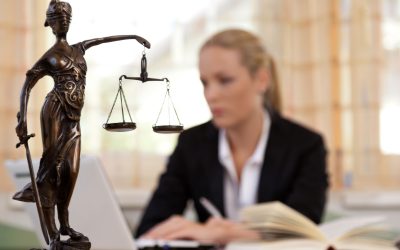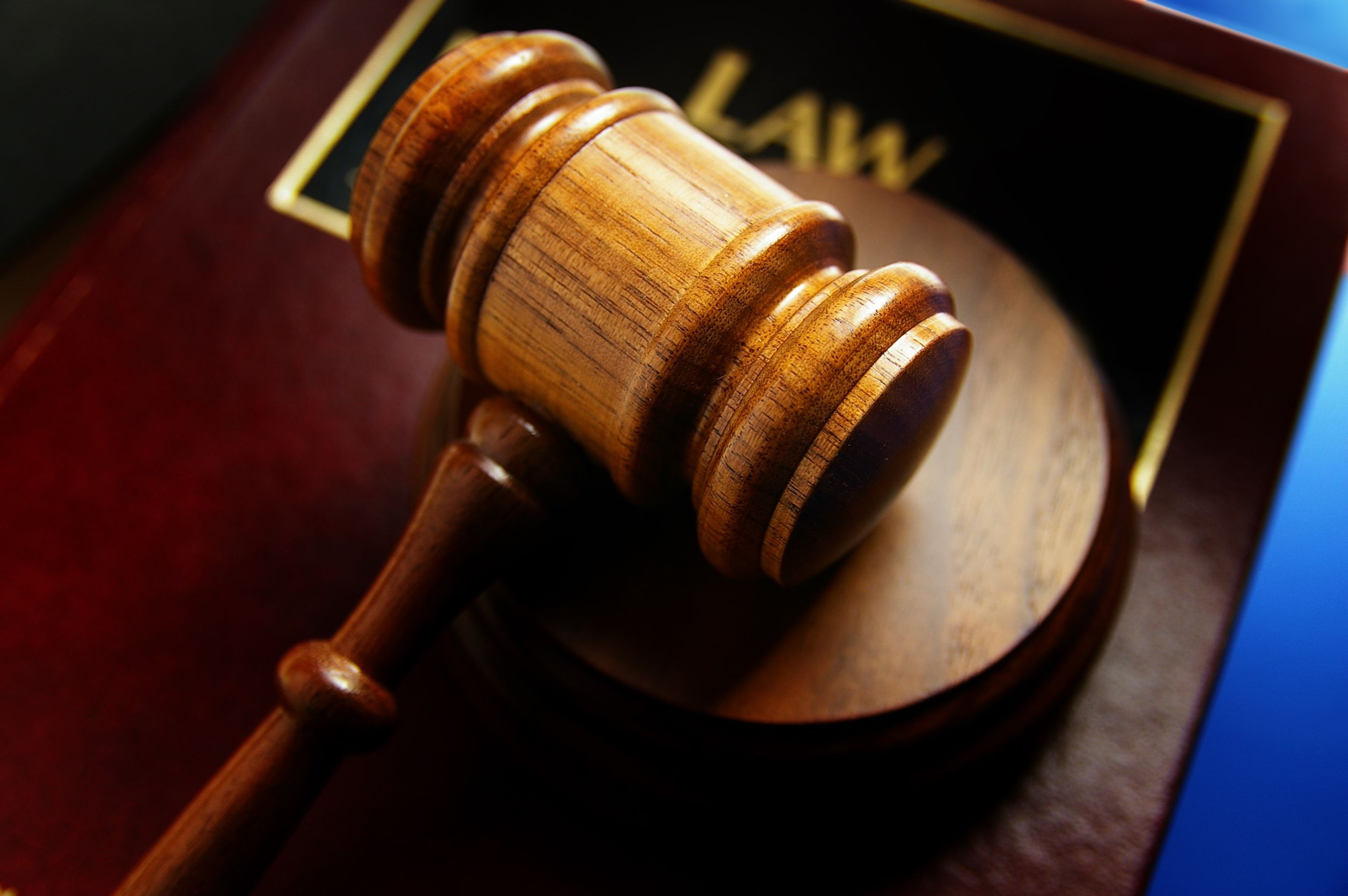DUI Lawyers can help keep people charged with alcohol-related driving offenses from suffering harsh consequences, but they also have been known to offer tips on how to handle situations that can lead up to an arrest for a DUI. Drivers who are pulled over by police for suspected alcohol-related offenses need to know how to handle themselves or they can make matters worse. By the time some lawyers get to their clients, the clients have done more harm than good to their cause. Taking the right course of action with law enforcement may even prevent a person from being arrested in the first place.
When a driver is pulled over, the first thing that has to be remembered is that an investigation is being started. The police officer should be treated with respect, but it’s important for the driver to remember that the police officer is not a friend. The officer is looking for evidence. The evidence can eventually lead to a person being arrested and charged. In some cases, the evidence may be circumstantial at best. This can lead to a person having to spend a lot of money and time proving they are not guilty in court. So yes, it is possible for innocent people to be charged with alcohol-related offenses. Lawyers at website and other law firms work with innocent people all the time.
It’s important for drivers to understand their rights when they are pulled over. If an officer directs a driver to get out of the car, the driver must comply. Although orders to exit a vehicle must be followed, a driver does not have to answer any questions nor does the individual have to take a field sobriety test. People have the right to ask for their DUI Lawyers when asked to answer questions or take tests. It’s important for people to realize that a state has to prove a person is guilty. If the evidence from a failed sobriety test can’t be presented, a case is much harder to prosecute.
People need to understand that they may still be arrested if they refuse to take a field sobriety test. But being arrested and being convicted of a DUI charge are two different things. In a case where a person thinks there is a good chance of arrest, it’s always best not to give the state more evidence for the case.



